Over the past few years I have come to understand the importance of free culture and digital accessibility. The Internet didn’t even exist for the general public as recently as my college days, and now we’re in the midst of a digital revolution. Everyone is trying to figure out how best to do things online.
RL vs AFK
Some say “Real Life” only happens “away from keyboard”. There seems to be no end of discussion about how the Internet isn’t “real life.”
But the truth of the matter is that the Internet is a growing part of our real lives. We read news, watch videos, exchange correspondence, download software, buy gifts, do research, form opinions, pay bills, learn things, visit family, listen to music, exchange photographs, and a whole lot more online every day.
In the real world, people don’t have to show identification to window shop, or even to walk into a retail store. Why, then, should we be required to hand over identification to window shop online? It isn’t any of the retailer’s business who we are, what our postal code is, or even what country we are from. They are certainly not entitled to our private information without good reason.
The rules we live by shouldn’t be magically different online. Law enforcement agencies shouldn’t be allowed to read our private correspondence without a search warrant, just because it’s in a digital format.
There are two opposing schools of thought about how we should do things online.
open
The first is that everything should be open, and access should be free. Hyperlinks exist to allow visitors to access the original source material, and possibly learn something more. The amount of time I spend including hyperlinks in blog posts and web pages is not negligible, but I do it because it is important. It also allows me to credit my sources, and give something back. The more links leading to your website, the better your “Google Juice” ~ which means the higher up your page appears in search engine results.
closed
The second and opposite view, is that systems should be closed. Proprietary systems exist in an attempt to control our access, while accessing as much of our personal information as possible. Sites of this type discourage “window shopping” by preventing people from seeing the content without signing in. Some sites have a “paywall” that requires your paid subscription before you are allowed to see the content, on others the only payment required is your personal information through registration. Once we’ve gone to the trouble of signing in, making and remembering a password, we’re more likely to return.
Some go even further, and make an effort to limit the user’s options once inside, by making it difficult or impossible to share external links. The fear is that if visitors can leave, if they have options or choices, they will leave and not return. These sites are trying to generate a captive audience.
walled gardens
Gone are the days when anyone could just go and read Twitter, these days the Twitter stream is locked down. It is possible to see inside if you have a direct link, but without one, the default is the registration page. Which is why my own preference is the Identi.ca microblogging service. Anyone can read Identi.ca anonymously, without having to give up their privacy and pay with personal information. Although I use both services, because of this policy, I generally post directly to Identi.ca and what I say there is rebroadcast on Twitter.
Facebook is even more closed than that; you must register and pay for the “free” service with your personal information. Even if you have a link to most Facebook pages, unless you are logged in you can’t see the content. Google+ is following Facebook’s lead in trying to connect everything under its own brand and keep its users inside its own walled garden.
privacy vs sharing
Why shouldn’t people be able to surf the web anonymously, just as they can surf in the ocean without first being made to furnish a name, rank and serial number? Many people refuse to use the walled gardens of Facebook and Twitter, no matter what’s inside, because they feel the price in privacy is too high.
Although people need privacy, the same is not true for websites. The Internet was created to make sharing easy. Although some sites discourage sharing, I myself want people to be able to read my words. Everything I put online is there to be shared. The Internet loses value if we wall up the connections. We should be making life easier for people, not harder.
As an independent self publishing author, I’m trying to make it easier for readers already using those walled gardens, by creating a Facebook Author Page, and experimenting with a g+ Author Page.

But for those who would rather avoid Facebook and g+, anything I put in those walled gardens will be mirrorred here on the open web. This is where you’ll be able to see everything l share without having to buy anything, or worse, to pay with your privacy.
Welcome to my new and open Laurel L. Russwurm, Author Page.
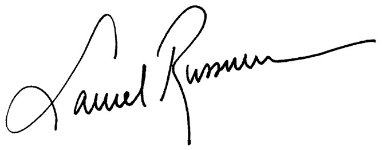
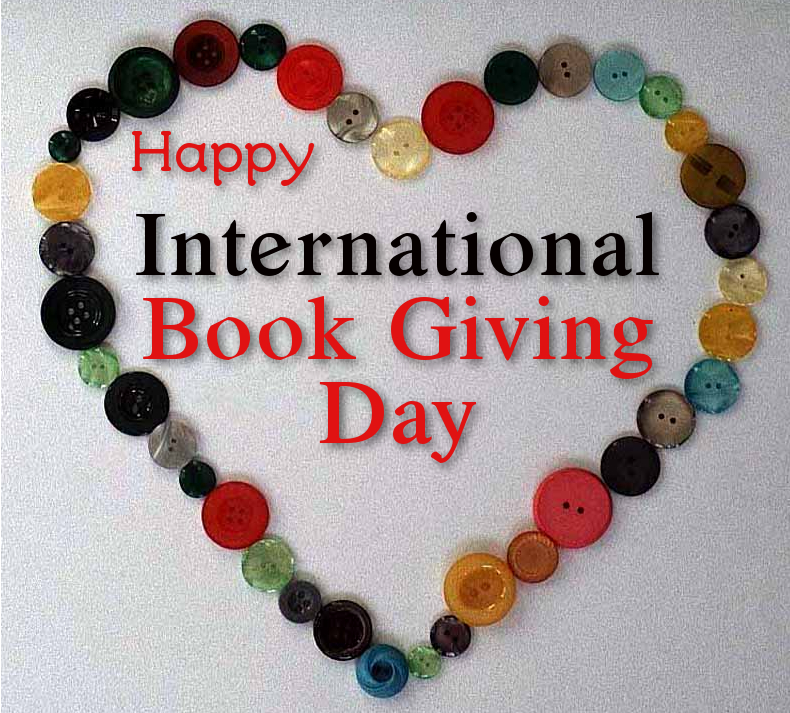


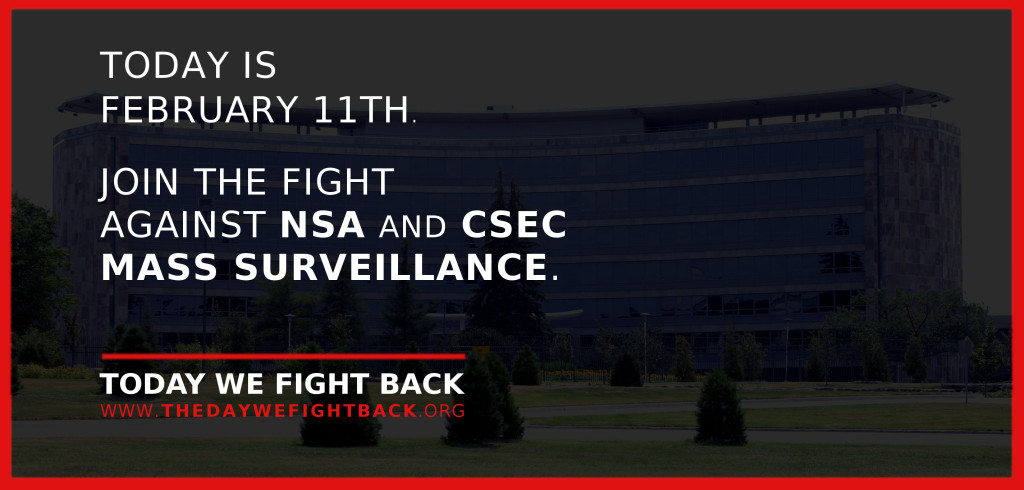
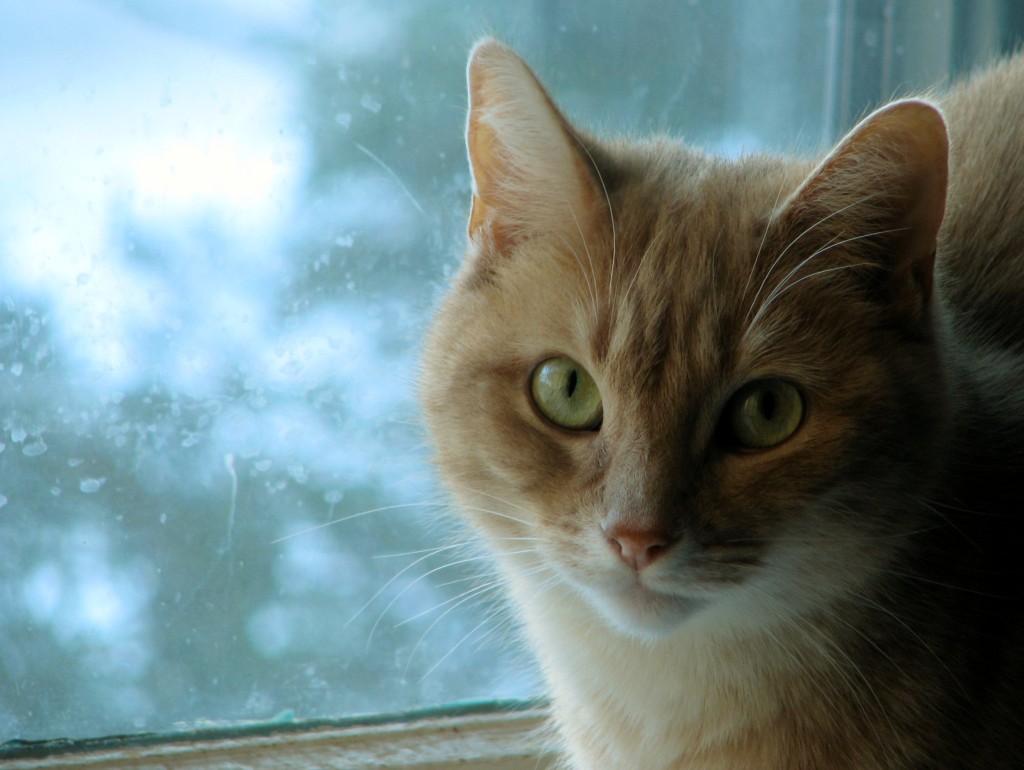








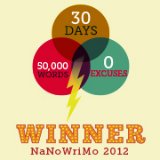














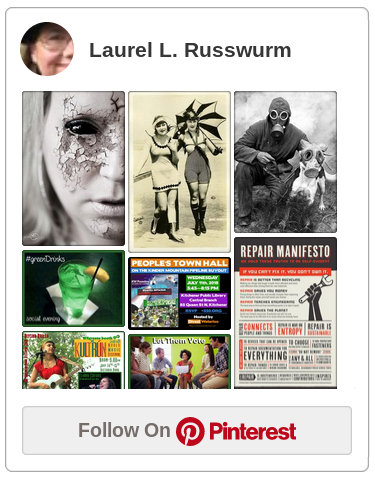

 Project Gutenberg
Project Gutenberg Project Gutenberg Canada
Project Gutenberg Canada